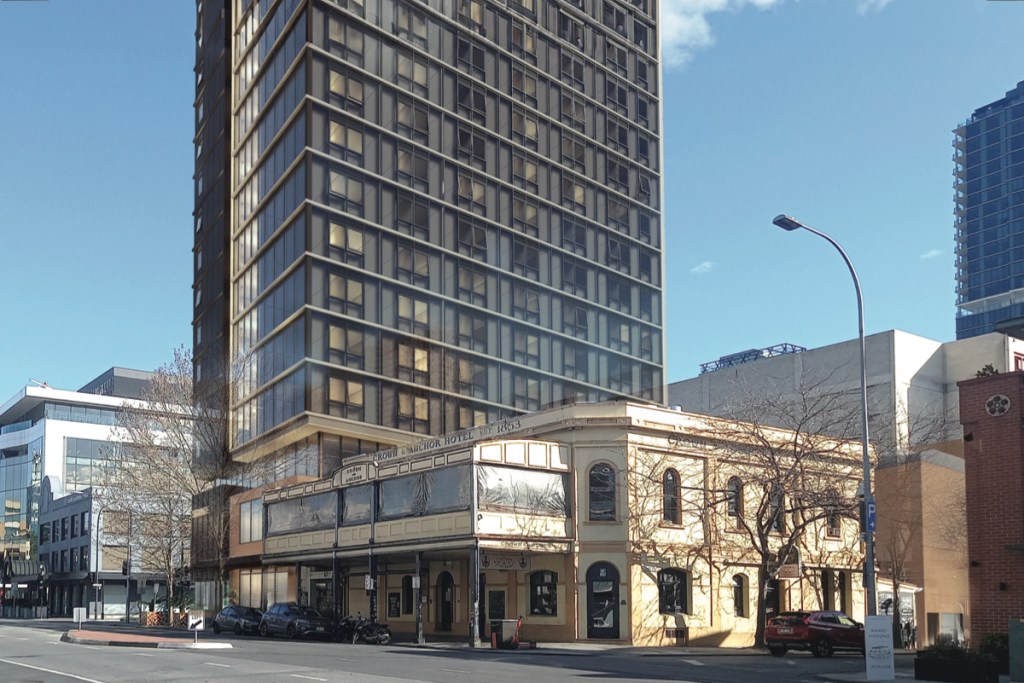Australia will soon start importing gas, but finding someone to buy it is proving ‘complicated’

- by Admin
- April 12, 2024
Australia’s first liquefied natural gas (LNG) import terminal is almost built, but it remains unclear who will be buying its gas.
After three years of construction, Squadron Energy said its Port Kembla Energy Terminal in the NSW Illawarra region was on track to be completed this year.
The project involved dredging Port Kembla harbour to allow sufficient space for large LNG carriers to pull up alongside the floating storage and regasification unit (FSRU).
The FSRU converts the liquefied contents of a carrier into natural gas before it is pumped into a 12-kilometre-long underground pipe to Kembla Grange, where it is then distributed into the east coast gas system.
The Twiggy Forrest-backed company claims the gas imported can supply almost all of Victoria’s forecast gas needs and 70 per cent of the requirements of New South Wales.
“I don’t think we could be at a better time in the market than right where we are,” said Squadron Energy CEO Rob Wheals.
“The facility is now 90 per cent complete and the market is facing critical gas shortages over the next couple of years.”
The Australian Energy Market Operator (AEMO) has warned eastern states are likely to be facing gas shortages this decade, partially due to the faster-than-expected depletion of the Bass Strait gas fields.
AEMO said the east coast could see shortages as soon as next year if there is a particularly cold winter causing a spike in peak demand.
Squadron Energy is currently scheduling the arrival of the floating gas terminal for 2026 – however this timeline could be brought forward if there is commercial interest.
The company remains confident the energy terminal is the solution to the looming gas crisis, despite so far failing to secure commercial agreements with energy companies.
“Global LNG market dynamics are such that imported LNG is becoming a much more competitive alternative to domestic gas,” Mr Wheals said.
“We are in active conversations with all the key players. As to the details I obviously can’t share those, but I remain very optimistic that we will contract capacity at this facility in the near term.”
Commercial agreements ‘complicated’
For Grattan Institute energy and climate change program director Tony Wood, an import terminal is a simple solution to addressing the imminent demand.
“Victoria has an emerging problem for which we need a solution,” he said.
“An import terminal, even at Port Kembla, could feed gas south to Victoria. It would be one way of solving that problem.”
While it seems clear many eastern states, particularly Victoria, will not have enough gas to meet demand from 2028, in the short term the picture is less certain.
However, Mr Wood said the uncertainty around gas demand may be making energy companies hesitant to sign up to buy the imported gas.
“The problem with a terminal is ships turn up, they are very expensive ships, and having them sitting at a port like Port Kembla discharging gas slowly is very expensive,” Mr Wood said.
“What you would have to do is line up the arrival of ships with the demand for that gas on the east coast of Australia, and that means you might even have to back off taking gas from existing resources.
“Commercially arranging to do that would be quite complicated.”
Proposals have also been submitted for similar facilities in Geelong and Port Adelaide.
Get our local newsletter, delivered free each Thursday
The Latest News
-
December 22, 20242024 runner-up Qinwen Zheng pulls out of Australian Open lead-in event
-
December 22, 2024‘I want to be out there’: Webster’s long wait for Test debut could be over with Marsh’s all-round capability clouded
-
December 22, 2024China’s Zheng to skip United Cup, needs ‘extra rest’ ahead of Australian Open
-
December 22, 2024India boycott press match after media battles
-
December 22, 2024Australian Open runner-up Zheng out of United Cup


